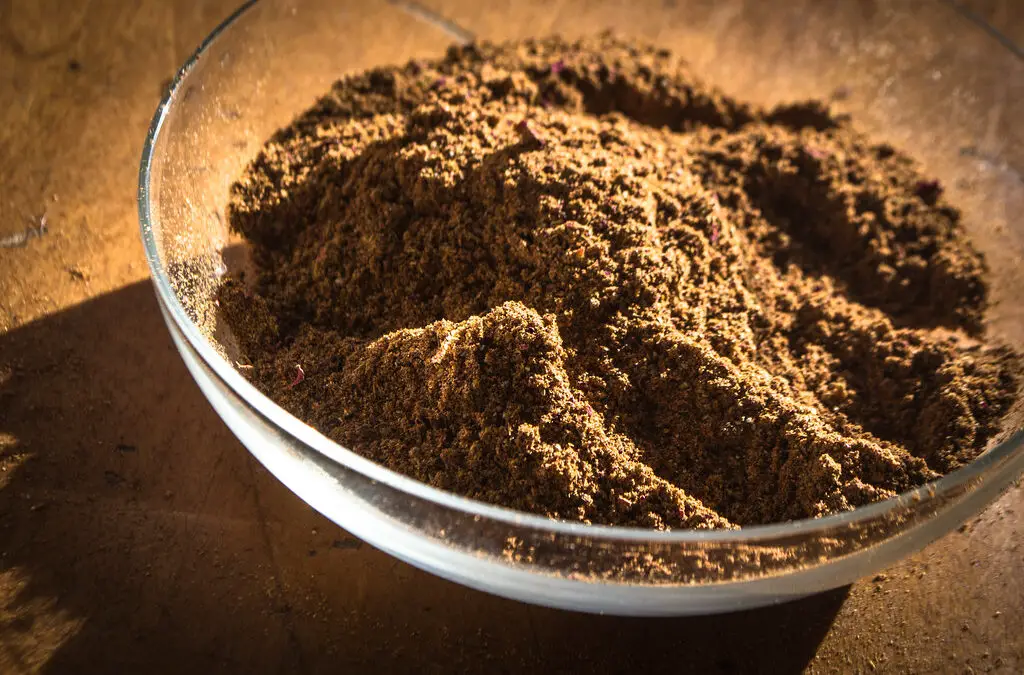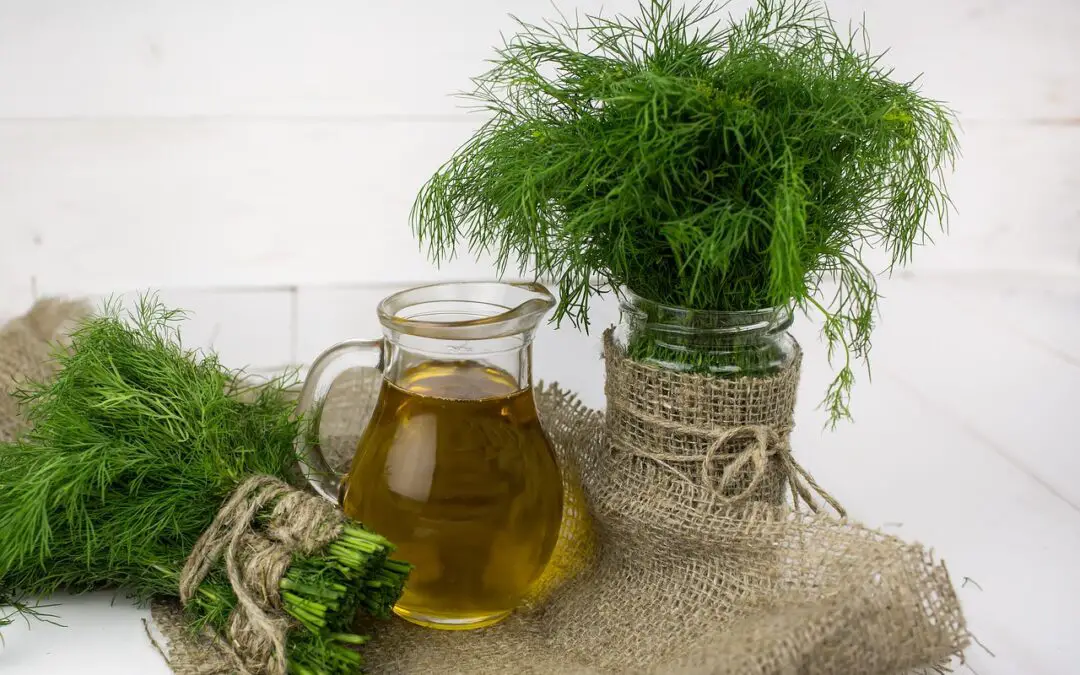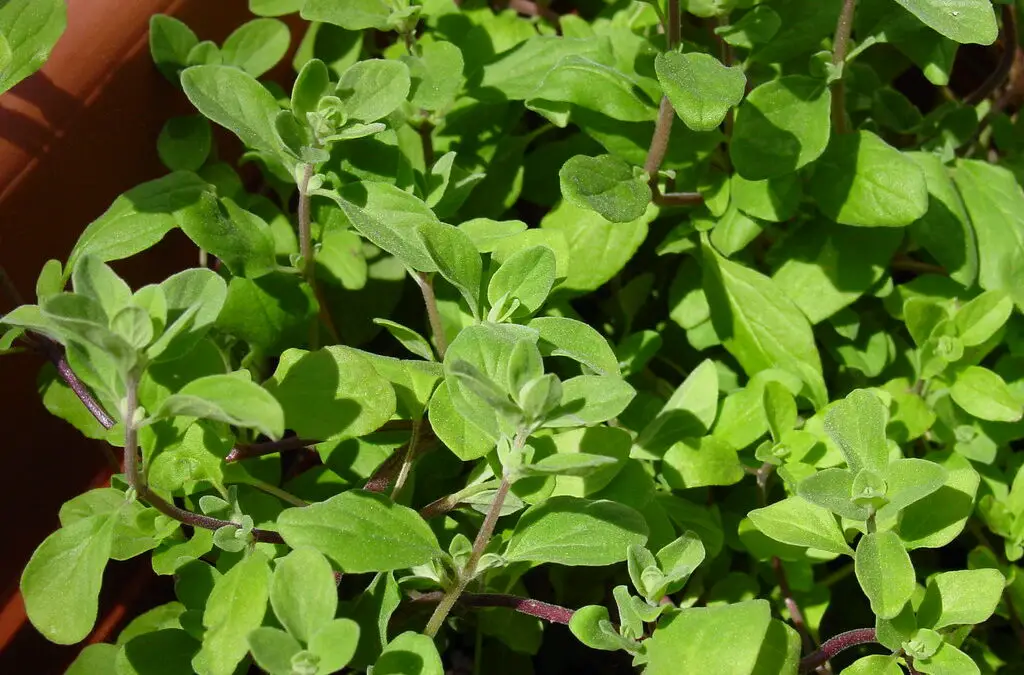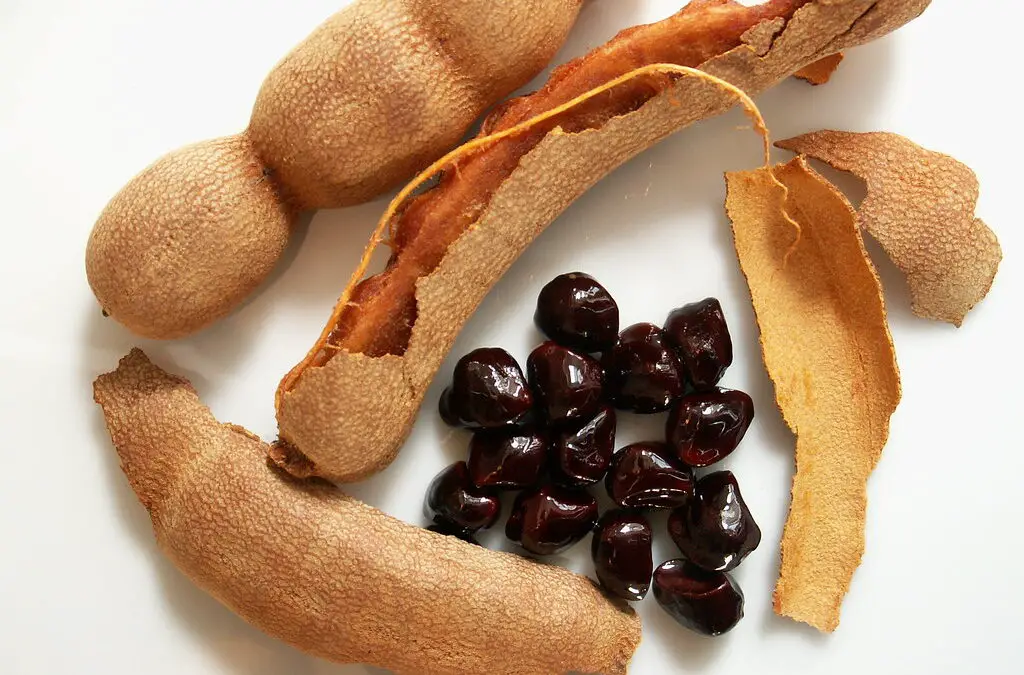Clove spice is a popular ingredient in Middle Eastern cuisine that has been used for centuries. It is known for its strong, warm, and slightly sweet flavor and aroma. Cloves are the dried flower buds of the Syzygium aromaticum tree, which is native to Indonesia.
In Middle Eastern cuisine, clove spice is often used in savory dishes such as stews, rice dishes, and meat marinades. It is frequently included in various spice blends like baharat and ras el hanout. Additionally, clove spice is a key ingredient in many sweet dishes, including desserts and pastries.
Aside from its culinary uses, clove spice has also been used for medicinal purposes for centuries. It contains eugenol, a compound that has anti-inflammatory and analgesic properties. Clove oil, which is extracted from the buds, is often used topically to relieve pain and inflammation. Clove spice is also believed to have antibacterial and antiviral properties.
History of Clove Spice
Origins
Clove spice, also known as Syzygium aromaticum, is native to the Maluku Islands in Indonesia. The spice has been used in Middle Eastern cuisine for centuries and is known for its strong, sweet, and aromatic flavor. The use of clove spice dates back to ancient times, when it was used for medicinal purposes, as well as in cooking.
Trade Routes
Clove spice quickly became a valuable commodity in the Middle East, and trade routes were established to transport it from Indonesia to the Middle East. The spice was highly sought after and was used as a form of currency in some regions. The trade of clove spice helped to establish important trade routes and played a significant role in the global economy.
Clove spice was also used in traditional Middle Eastern medicine to treat a variety of ailments, including toothaches, digestive issues, and respiratory problems. The spice was believed to have anti-inflammatory and antiseptic properties and was used as a natural remedy for many health conditions.
Today, clove spice continues to be an important ingredient in Middle Eastern cuisine, and it is used in a variety of dishes, including stews, soups, and meat dishes. It is also used in baking and is a common ingredient in many Middle Eastern desserts.
In conclusion, the history of clove spice is rich and complex, and it has played an important role in Middle Eastern cuisine and culture for centuries. Its unique flavor and medicinal properties continue to make it a popular ingredient in many Middle Eastern dishes.
Uses of Clove Spice
Culinary Uses
Clove spice is widely used in Middle Eastern cuisine, where it is added to many dishes for its unique flavor and aroma. It is commonly used in meat dishes, stews, and soups, as well as in sweet dishes such as cakes and pastries. Clove spice is also a key ingredient in many spice blends, such as garam masala and ras el hanout.
Medicinal Uses
Clove spice has been used for centuries for its medicinal properties. It contains eugenol, a compound that has antiseptic and anti-inflammatory properties. Clove spice is often used to relieve toothaches and other dental problems. It is also used to treat digestive problems such as nausea, bloating, and gas. Clove oil is sometimes used topically to relieve pain and inflammation in muscles and joints.
Cosmetic Uses
Clove spice is sometimes used in cosmetics for its antiseptic properties. It is often added to toothpaste and mouthwash for its ability to freshen breath and kill bacteria. Clove oil is also used in some skin care products for its ability to soothe and heal skin.
In summary, clove spice is a versatile ingredient that is used in many different ways in Middle Eastern cuisine. It has a unique flavor and aroma that adds depth and complexity to dishes. In addition to its culinary uses, it also has medicinal and cosmetic properties that make it a valuable ingredient in many different contexts.
Health Benefits of Clove Spice
Antioxidant Properties
Clove spice is rich in antioxidants, which are compounds that protect the body’s cells from damage caused by free radicals. Free radicals are unstable molecules that can damage cells, leading to inflammation and disease. Clove spice contains high levels of phenolic compounds, which are potent antioxidants that can help to prevent oxidative stress in the body.
Anti-Inflammatory Properties
Clove spice has been used for centuries as a natural remedy for inflammation. The spice contains eugenol, a compound that has been shown to have anti-inflammatory properties. Eugenol works by inhibiting the production of inflammatory compounds in the body, which can help to reduce inflammation and pain.
Digestive Health
Clove spice has been used in traditional medicine to treat digestive problems such as bloating, gas, and nausea. The spice contains compounds that can help to stimulate the production of digestive enzymes, which can improve digestion and reduce symptoms of digestive distress. Additionally, clove spice has been shown to have antibacterial properties, which can help to prevent the growth of harmful bacteria in the digestive tract.
In Middle Eastern cuisine, clove spice is commonly used in savory dishes such as stews, rice dishes, and meat dishes. The spice adds a warm, slightly sweet flavor to dishes and pairs well with other spices such as cinnamon and cumin. When using clove spice in cooking, it is important to use it in moderation, as the spice can be quite strong and overpowering if used in large amounts.
Overall, clove spice is a flavorful and nutritious spice that can provide a range of health benefits when consumed in moderation.
Possible Side Effects of Clove Spice
Allergic Reactions
While clove spice is generally considered safe for consumption, some people may develop an allergic reaction to it. Symptoms of an allergic reaction to clove spice may include:
- Swelling of the face, lips, tongue, or throat
- Hives or rash
- Difficulty breathing
- Nausea or vomiting
- Dizziness or fainting
If you experience any of these symptoms after consuming clove spice, seek medical attention immediately.
Drug Interactions
Clove spice may interact with certain medications, including blood thinners and antiplatelet drugs. Clove spice contains eugenol, a natural compound that can increase the risk of bleeding when taken with these medications. If you are taking any medications, consult your healthcare provider before consuming clove spice.
In addition, clove spice may interact with medications used to treat diabetes, as it may lower blood sugar levels. If you have diabetes, monitor your blood sugar levels closely when consuming clove spice.
Overall, while clove spice is a popular and flavorful addition to Middle Eastern cuisine, it is important to be aware of the potential side effects and interactions it may have with certain medications. As with any dietary supplement, it is always best to consult with a healthcare provider before consuming clove spice.
Conclusion
Clove spice is an essential ingredient in Middle Eastern cuisine. Its unique taste and aroma have made it a popular choice in many dishes.
Clove spice is not only used for its flavor, but it also has many health benefits. It is known to help with digestion, reduce inflammation, and boost the immune system.
In addition to its health benefits, clove spice has been used for centuries as a natural remedy for toothaches. Its antiseptic properties make it an effective pain reliever for toothaches and other oral problems.
Overall, clove spice is a versatile and beneficial ingredient that can enhance the taste and health benefits of many Middle Eastern dishes. Its distinct flavor and aroma make it a must-have in any kitchen.





